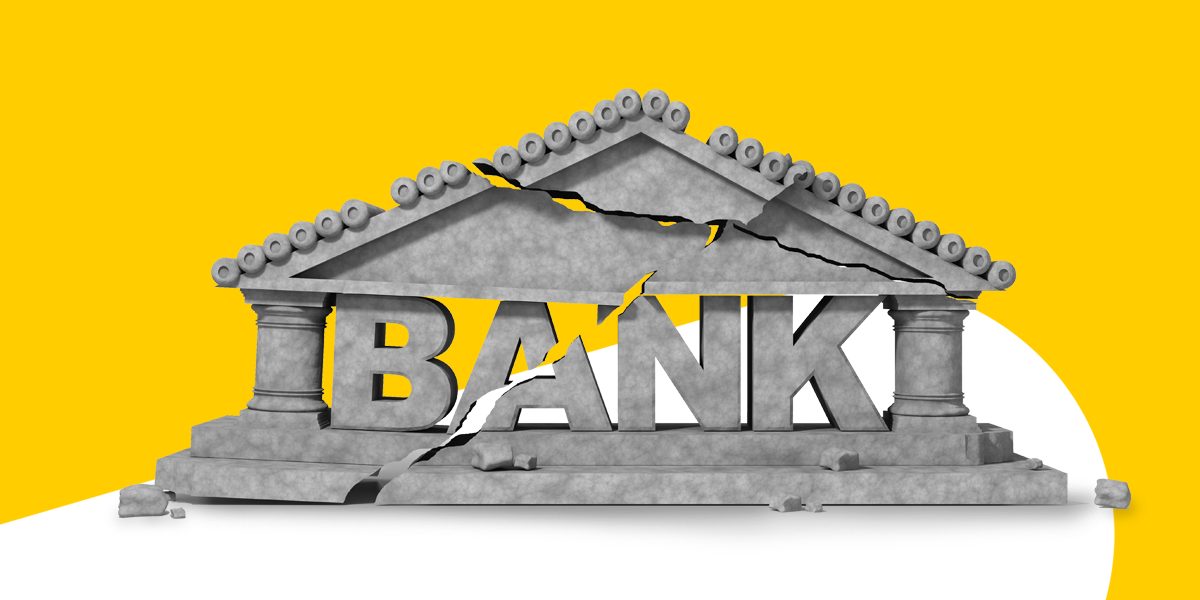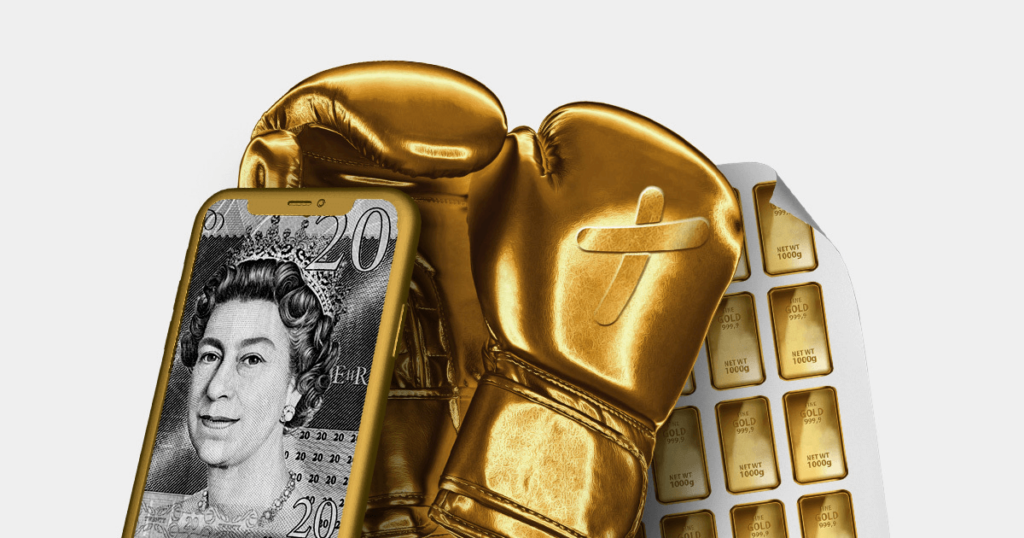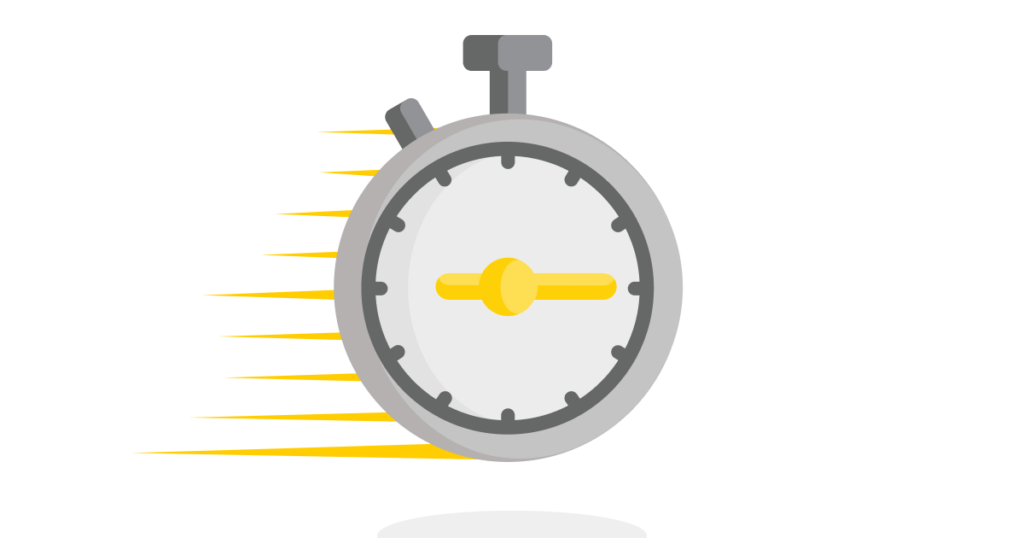In the Age of Failing Banks, It’s Time to Take Back Control of Your Money
Banking started out as a means of keeping your money safe.
These days…
I’m not so sure.
As recent as October last year, Metro bank’s shares plunged 30% in a day when it emerged it was preparing to ask investors for millions of pounds to shore up its own finances.
There was the so-called “mini-crisis” this time last year when three of the biggest banking failures in history struck in quick succession (First Republic, Silicon Valley Bank and Signature Bank).
In fact, in the US, a staggering 465 banks have failed since the global financial crisis in 2008.
You’ll remember too that in the UK we lost banks such as Northern Rock and Bradford & Bingley.
We’ve seen that it is possible that when we go to the bank, our money won’t be there.
(Sure, there’s the Financial Services Compensation Scheme, backed by the government, which promises to cover you up to £85,000. But there are problems with that too, which we’ll explore another time. And besides, depending solely on the government for financial protection might not be the wisest move, wouldn’t you agree?)
My point is, in the modern era, we know banks can fail.
That’s worrying enough.
But today I want to consider a more fundamental issue that persists with traditional banking…
Though traditional banking has its uses, I believe it’s important to understand what’s really happening when we “deposit” our money in a bank.
And I want you to ask yourself a question…
Are you happy with what the bank does with your money?
Don’t answer just yet…
First, let’s rewind a little.
A (very) quick history of banking
We’ve been taught to have confidence in our bank. When we go to the cash machine, cash appears. When we pay for something with our debit card, the transaction goes through.
We assume our money is there and don’t question it.
But what’s really going on when we deposit our money into a traditional bank?
We should consider how it started…
As people in ancient times grew wealthier, they figured they needed somewhere to store their wealth.
They’d head to the temple and the temple would look after it.
Often, the most tangible form of wealth was gold. You’d deposit your gold at the temple, and when you needed it, you’d come and collect it.
Pretty simple.
But with all that wealth sitting there for safe keeping, people figured they might as well use it. Those tasked with safe keeping the gold started lending to other people.
Fast forward through the Middle Ages and thanks to merchants in city-states like Venice and Genoa, we see the introduction of credit and interest being charged on those loans…
And then we arrive at the Renaissance, where the all-powerful Medici family control much of Italy’s industry thanks to their cleverness when it comes to banking.
Naturally, others noticed the link between power and banking and in the 18th century, countries like the US and the UK really turned up the heat introducing all manner of complex securities that we’re familiar with today.
Of course, I’ve rushed through a lot of history in a very short space of time here, and we’re looking at it here in overly simplistic terms, but the point remains…
Over time banking has evolved from being a means just keeping your wealth safe to a way of leveraging your wealth as well.
Trouble is, most of the benefit from leveraging YOUR wealth isn’t seen by YOU.
And this is where I have a problem.
You see, it’s the bank that benefits from your wealth the most.
Again, I’ll ask you…
Are you happy with what the bank is doing with your money?
There’s been a blurring
When we deposit money in the bank, we assume it will be kept safe and be there for us when we need it.
But, like I say, the fact is, today our money is also used by the bank.
It’s lent out and invested.
We kind of know this, but kind of forget it too. We kind of pretend it doesn’t happen… it’s not our business.
But it is OUR money.
If we’re being sympathetic, we could say it’s right for the bank to speculate like this… it’s the cost we incur for having the bank look after our money.
Maybe.
But is it a fair cost?
Look at this chart from The Pure Gold Company…
It shows £10,000 invested in various assets over the last 20 years.
Money left in a typical savings account at the bank would be worth £11,948 – that’s the blue line.
Money invested in Gold would be worth £70,710 – that’s the gold line.
Hmmm.
That’s a difference of £58,762.
That’s a pretty big difference between the return you’d make putting your money in the bank and the return you’d make putting it in gold.
Of course, I’m being simplistic. A bank doesn’t just take your deposit and invest it all in gold (though banks are one of the biggest holders of gold globally).
But this does show very clearly the true potential of your wealth.
The money you deposit in the bank could be working a lot harder and doing much more for you.
In my opinion, there are many flaws with traditional banking that we’ll discuss another time, but I think it might be this idea — that banking has evolved from a means to keep your money safe, to being a form of speculation — which cuts to the heart of the problem.
Don’t get me wrong, I have no problem with speculating and putting your money to good use.
But what if there was a better way than what traditional banking offers?
What if you could enjoy the benefits of being able to instantly use your money when and wherever you need it…
AND enjoy the benefits of having your wealth stored directly in gold?
Well, that’s precisely what TallyMoney offers.
Tally allows you to store your wealth in gold but use it as everyday money.
It means, as gold goes up, so does the value of your tally.
Yet you can buy milk and eggs from Tesco with it too.
So, let me pose the question once more: are you content with how your bank utilises your money?









